21 Best Alcohol and Drug Rehabs in Oklahoma City, OK 2025
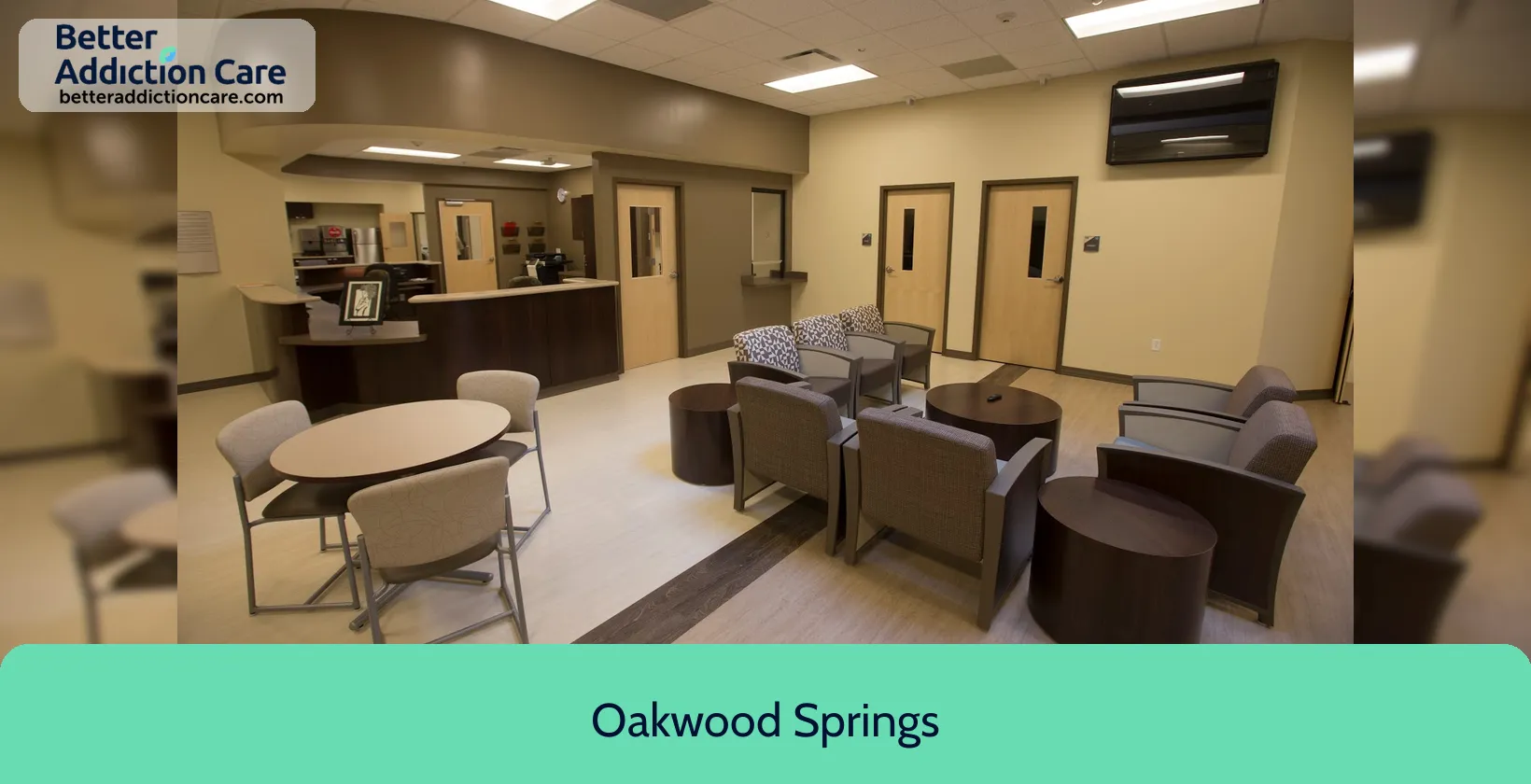
7.52

7.03
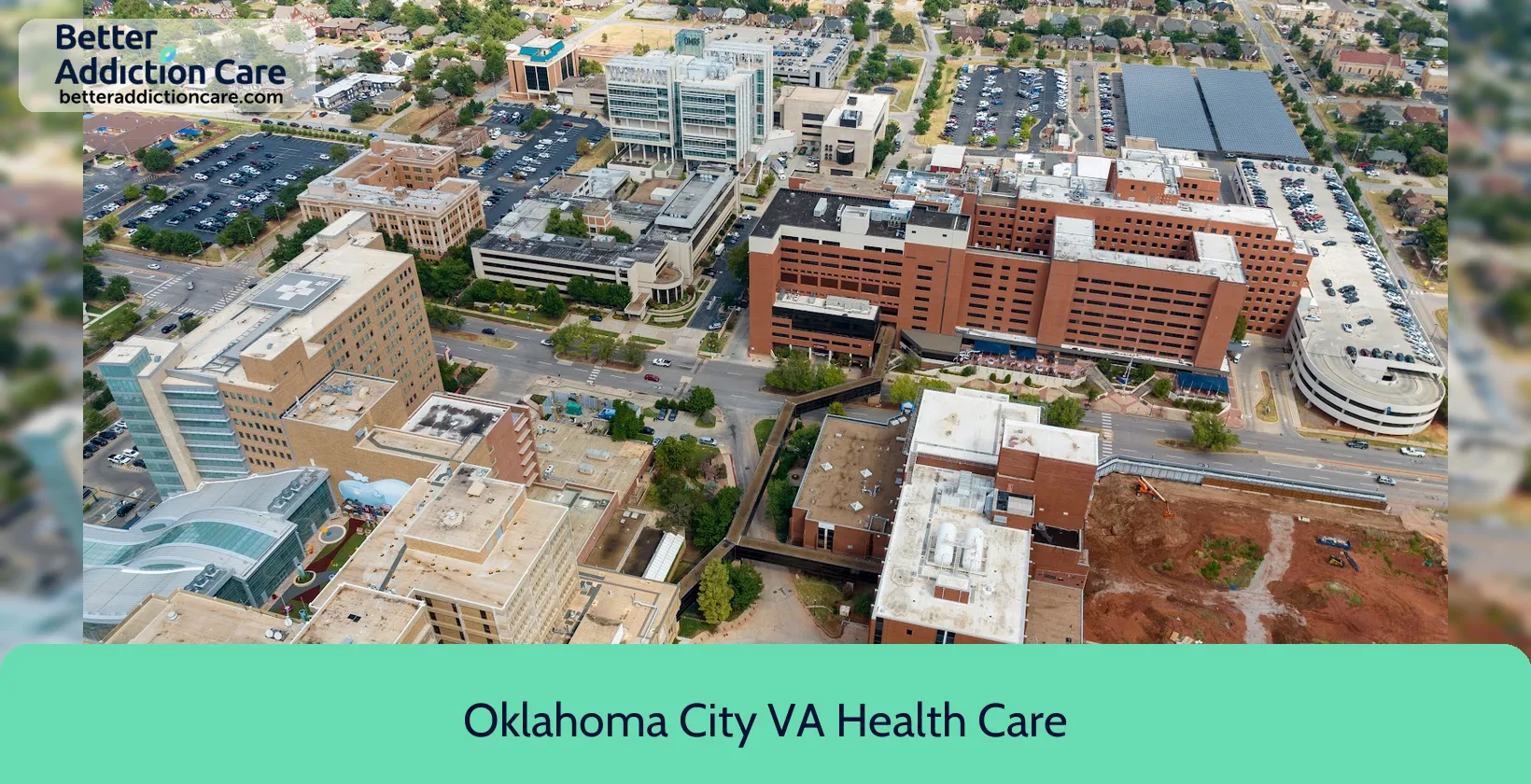
8.51

6.99
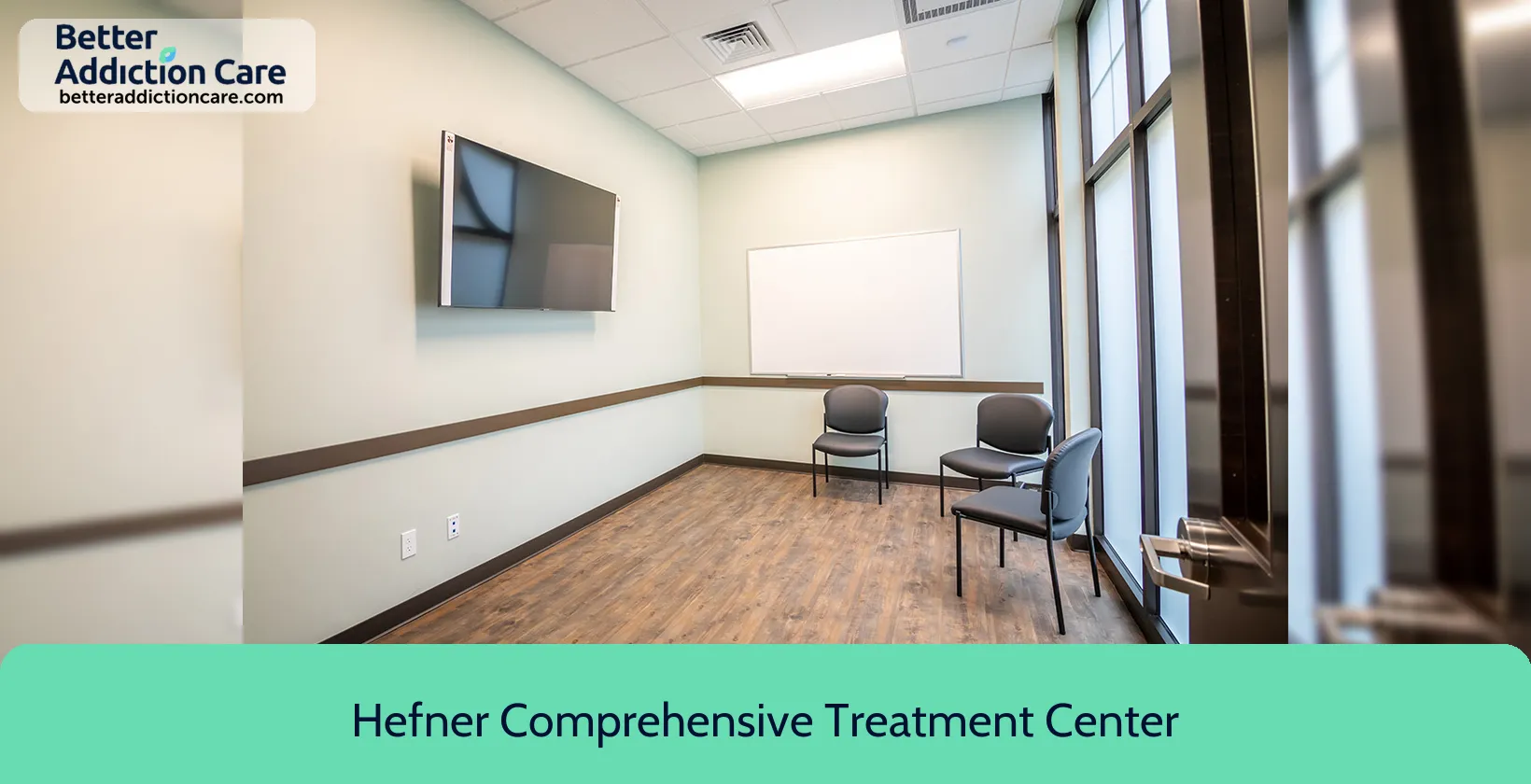
7.22
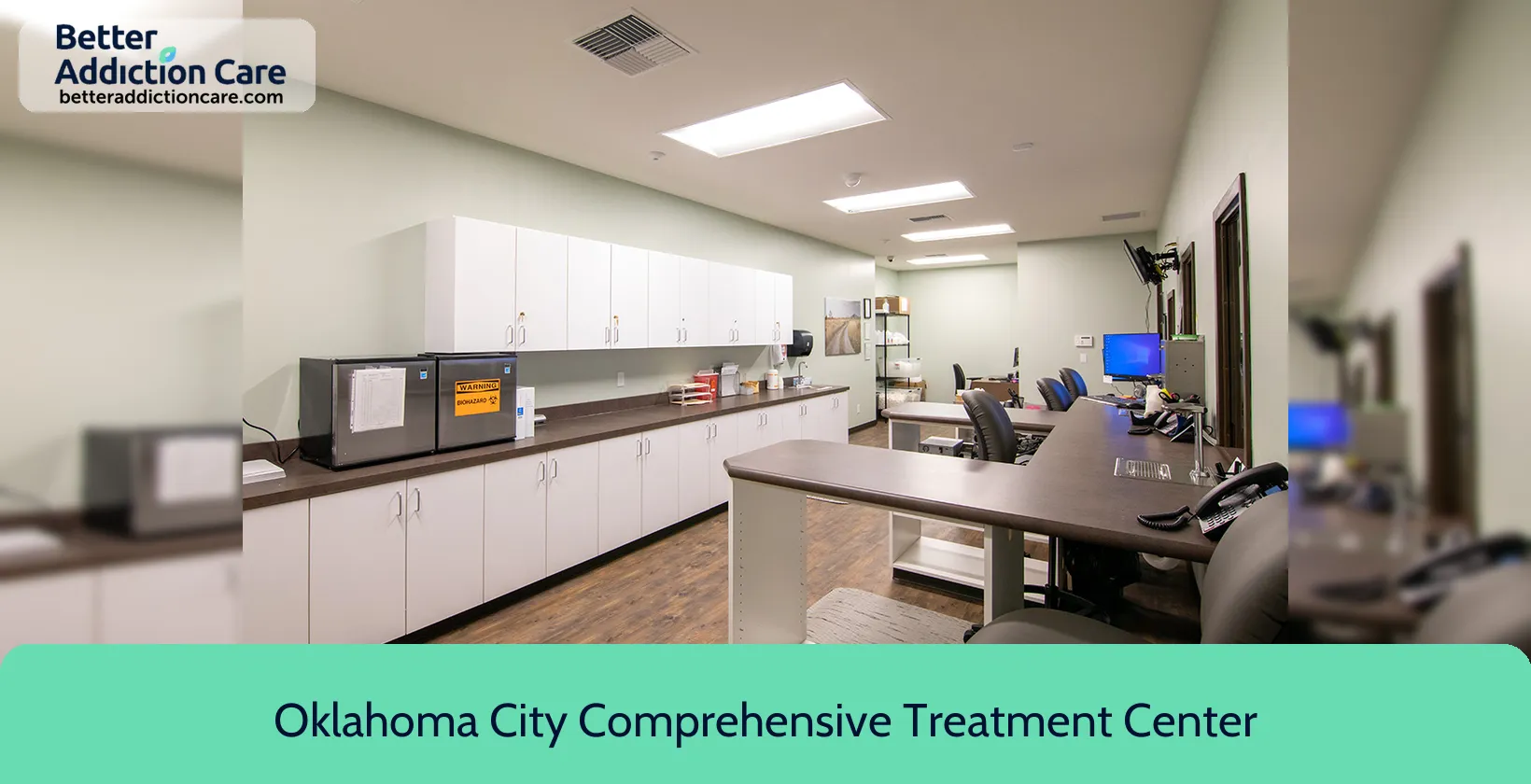
7.39
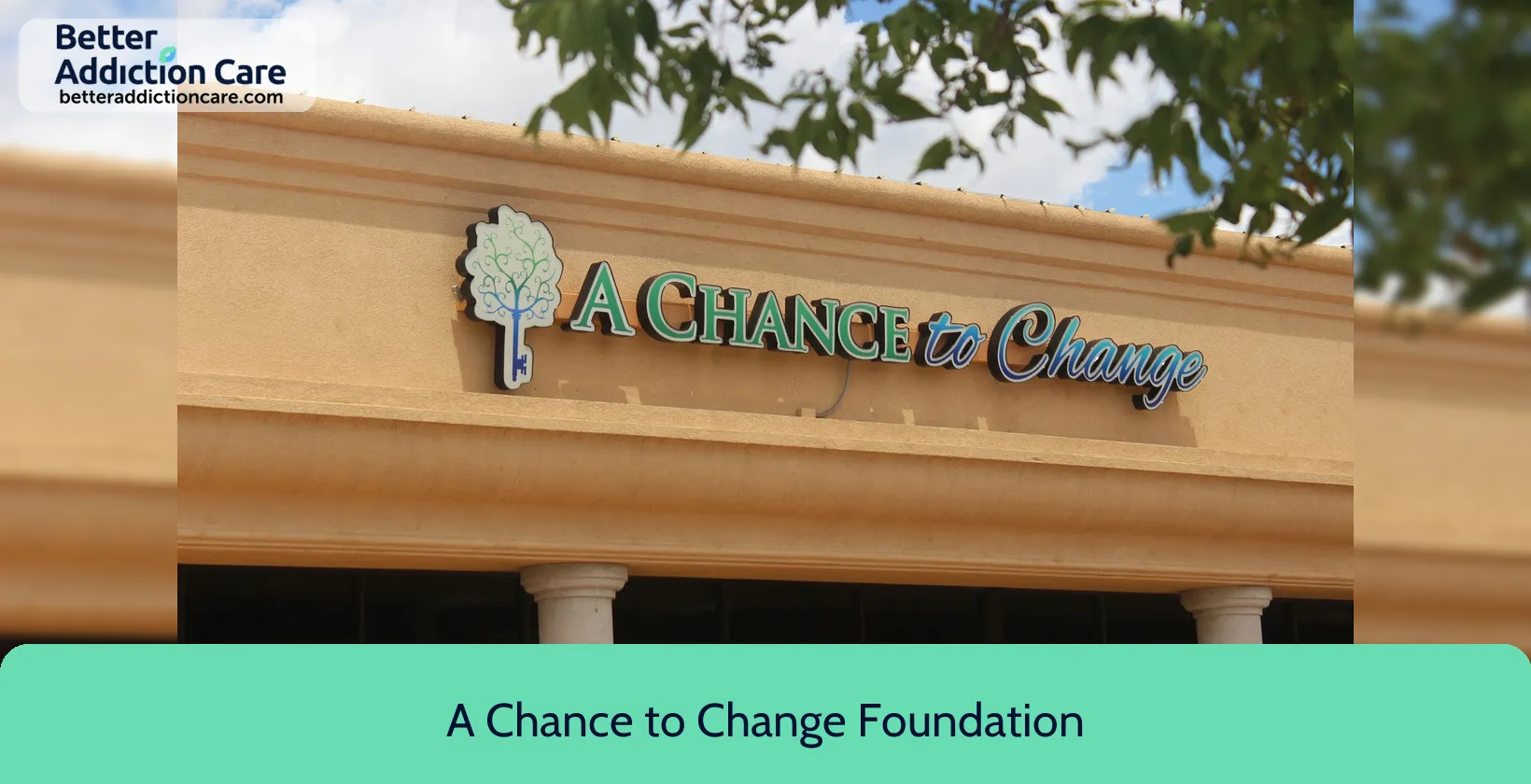
7.01
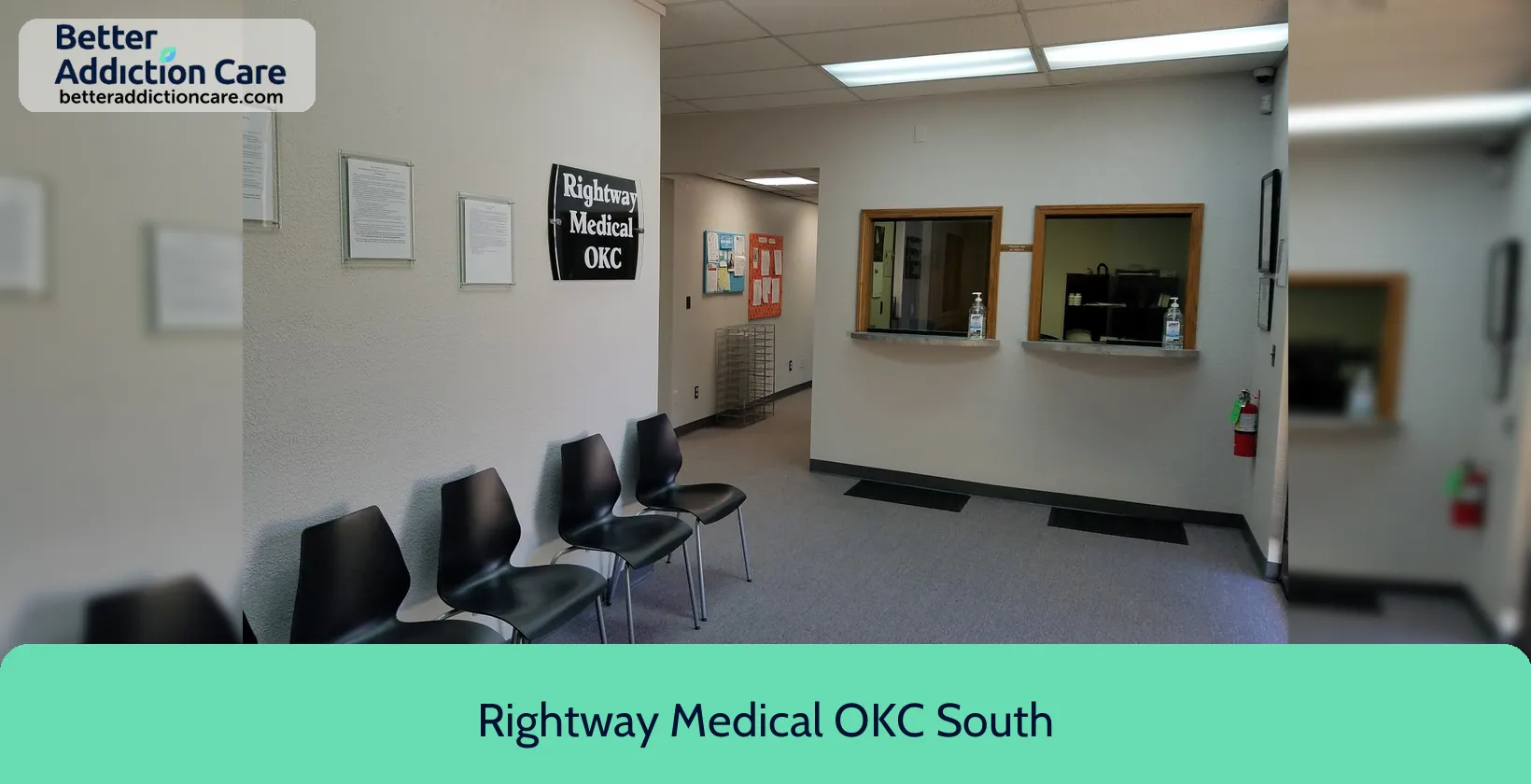
7.36
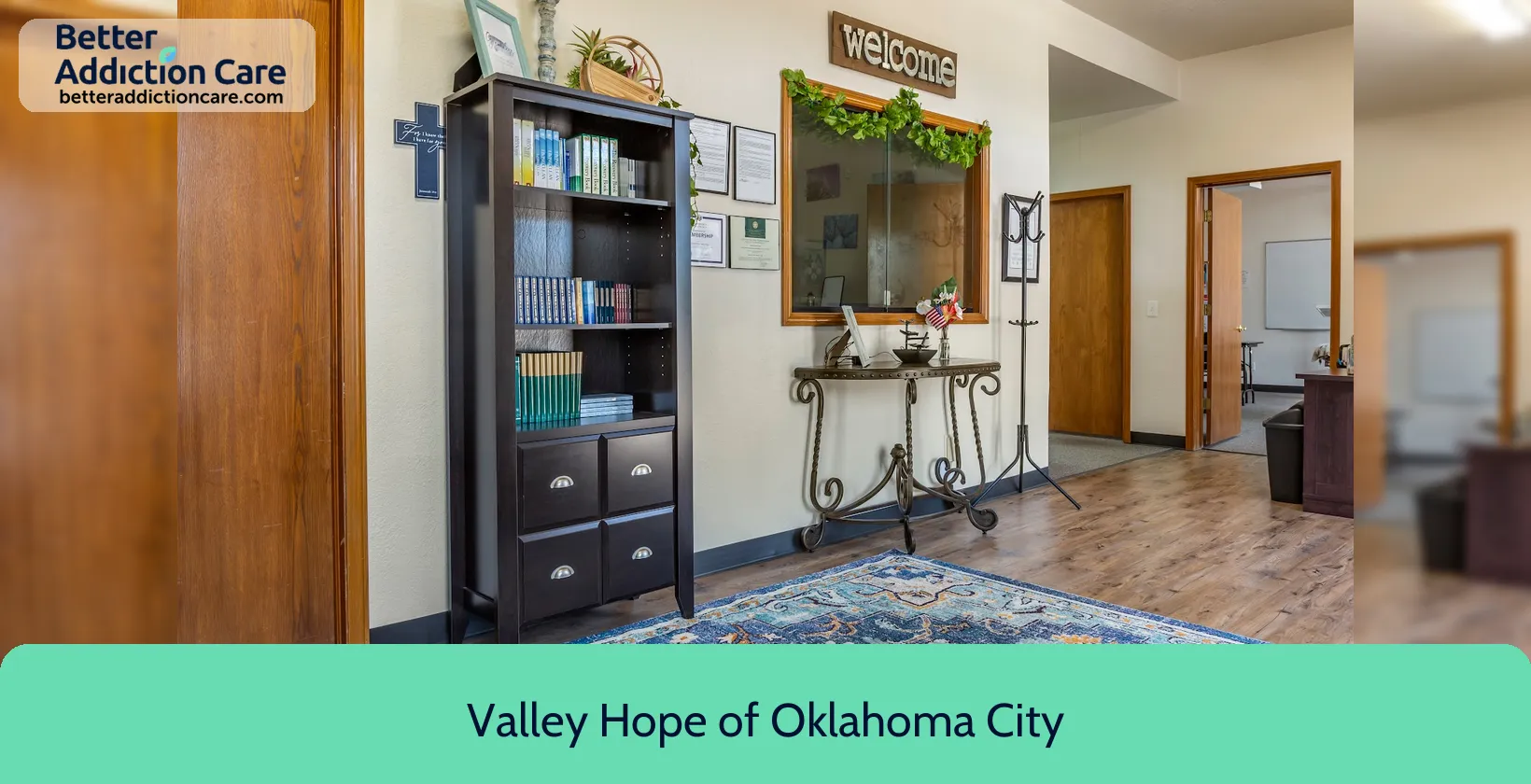
6.86
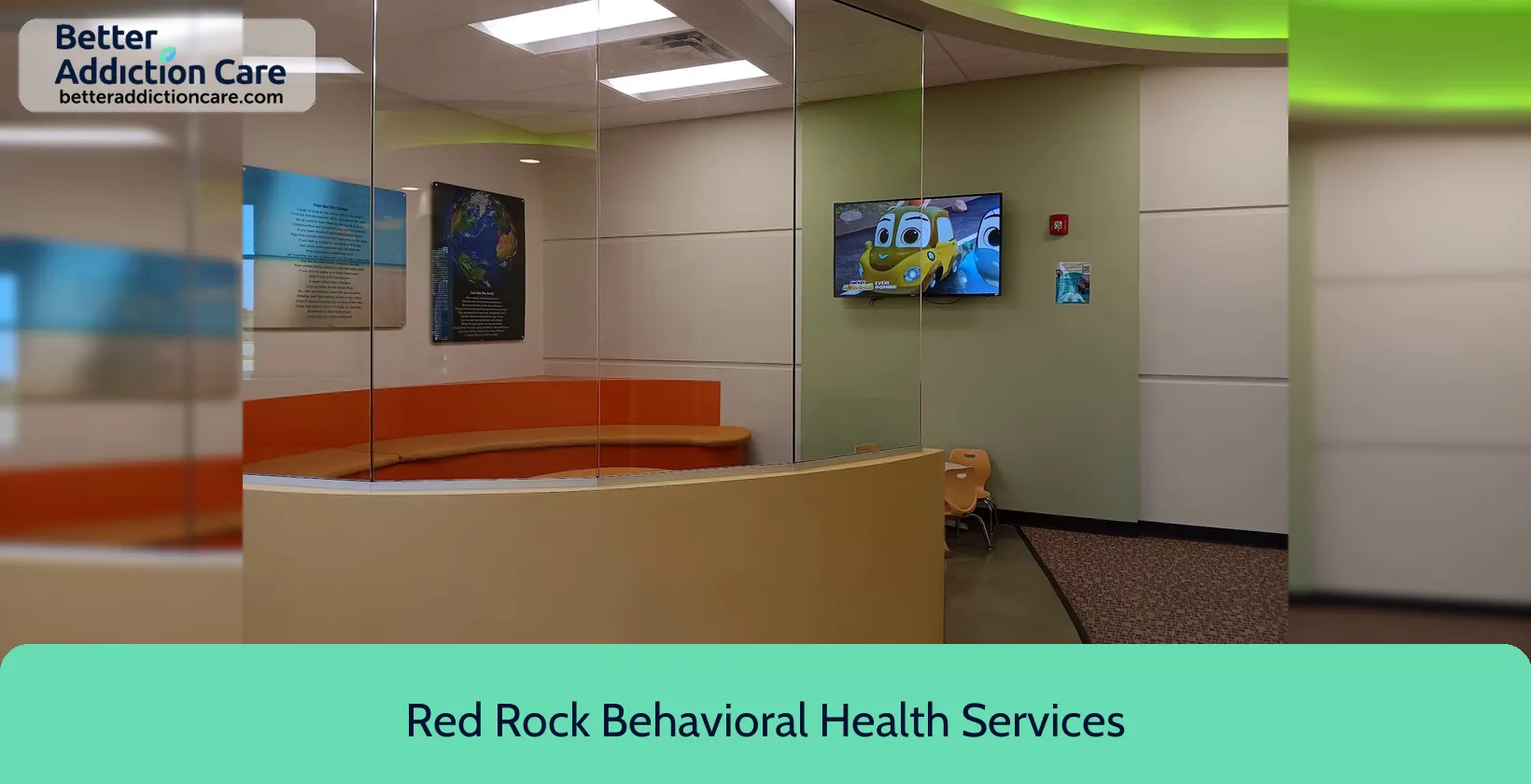
6.59
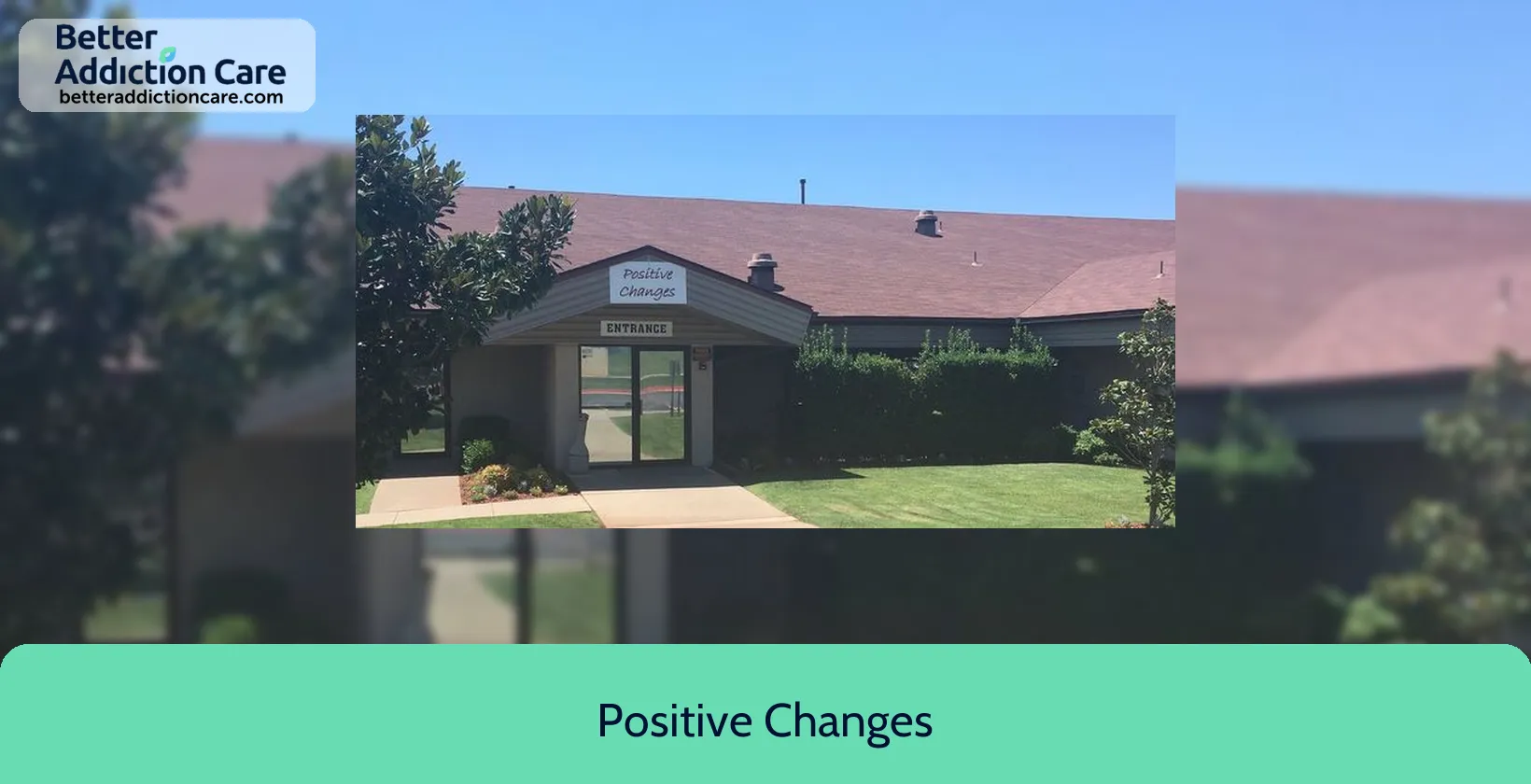
6.65
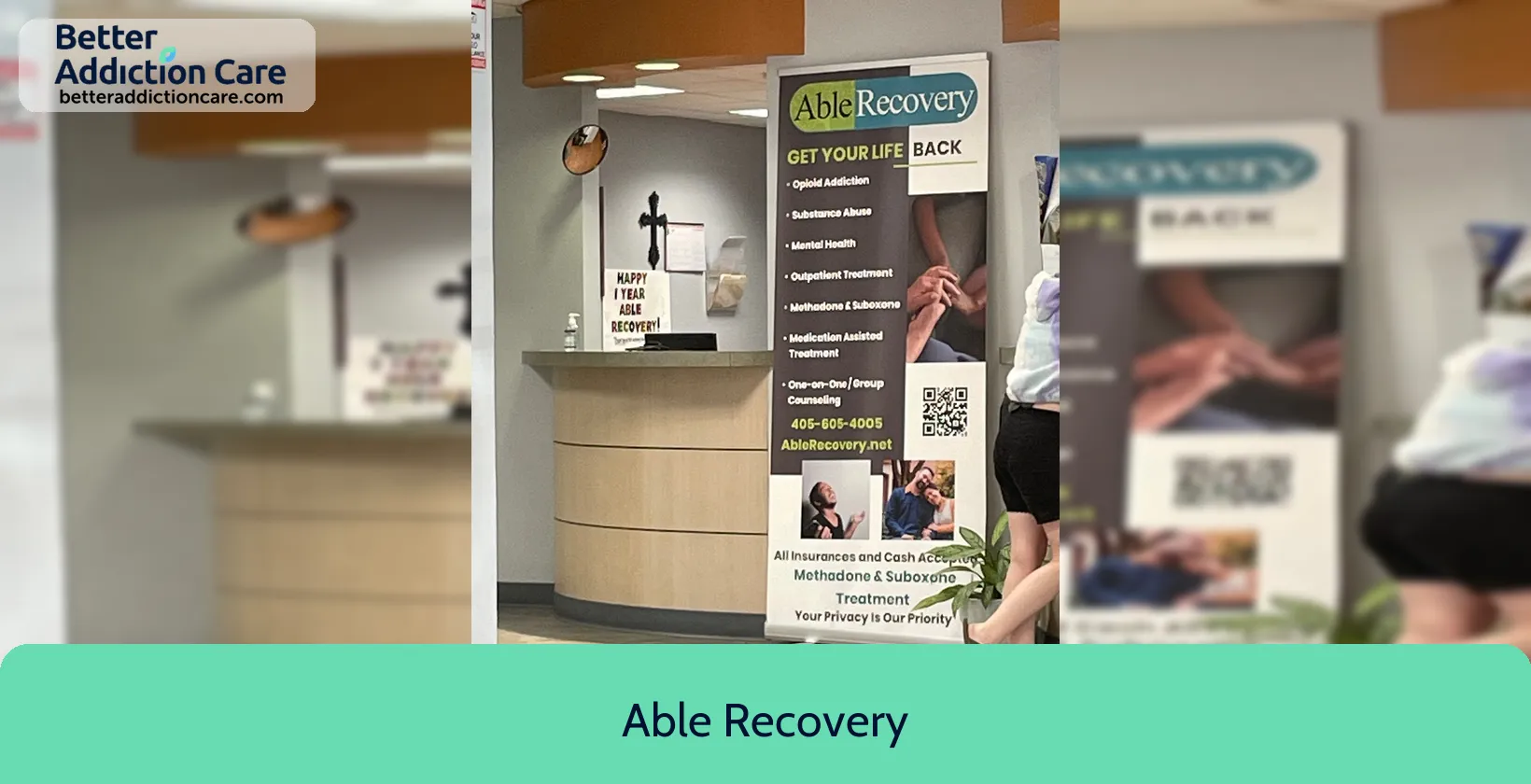
7.40
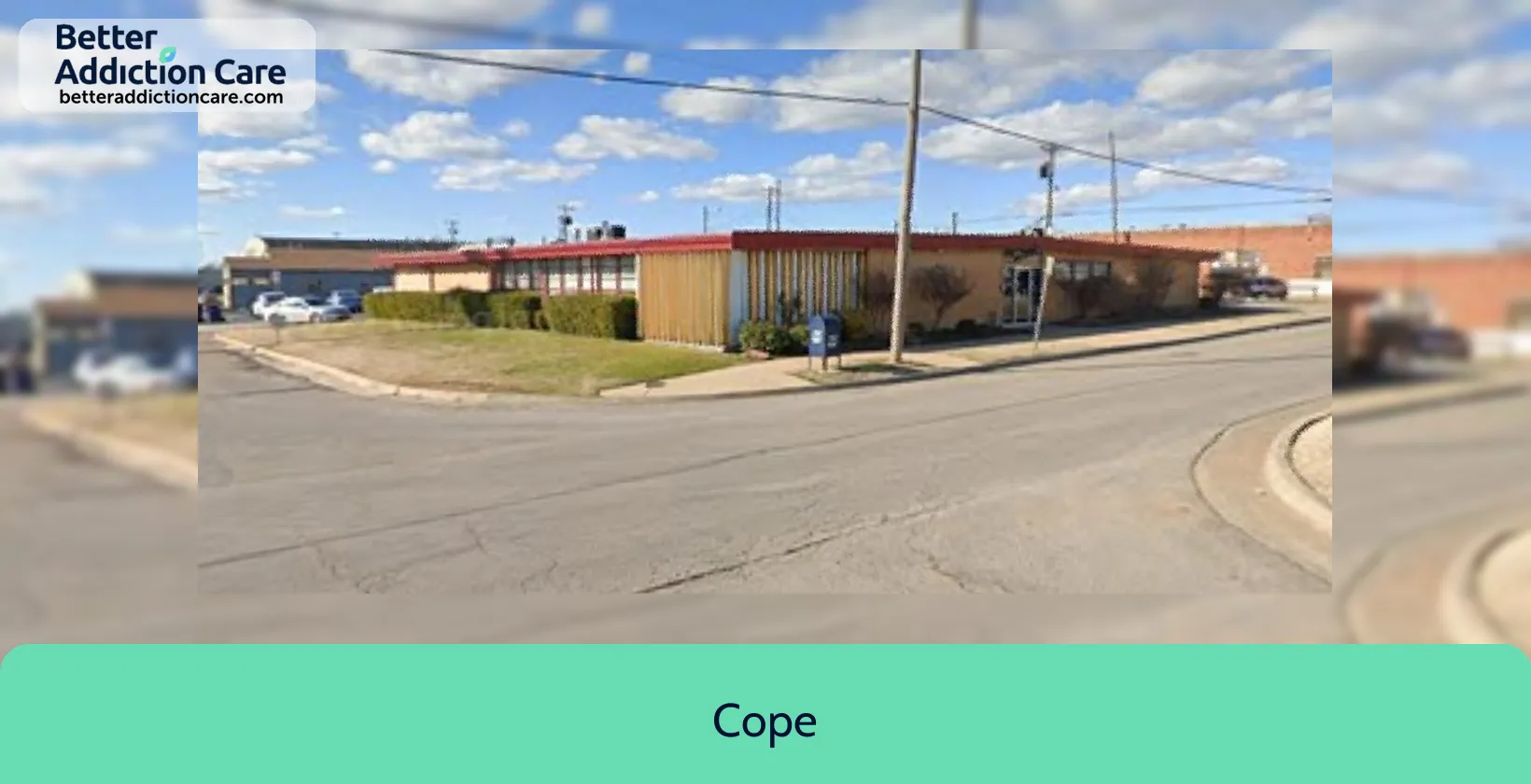
7.23
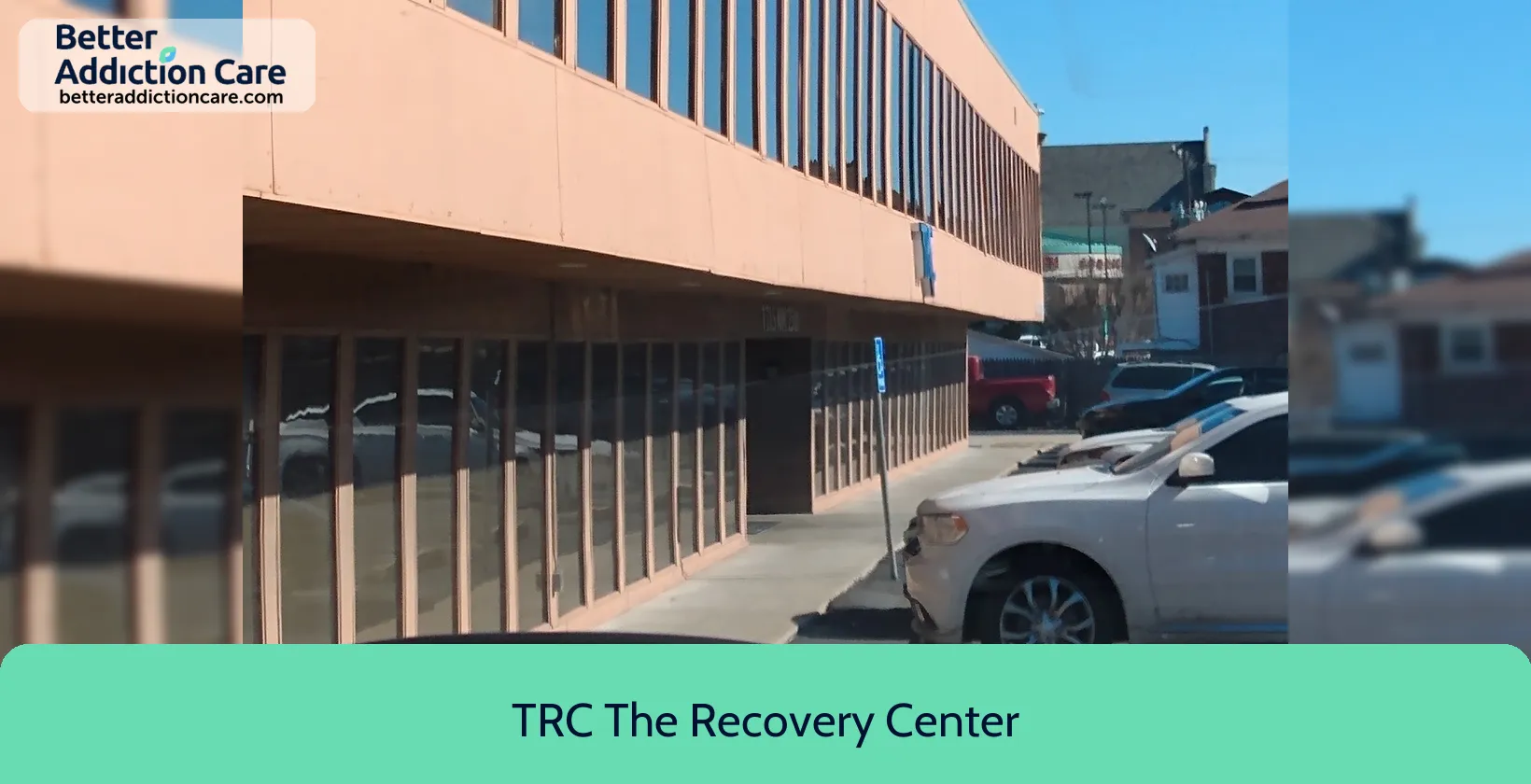
7.42

6.83

6.97

7.06

6.99

6.89

7.14

6.73
Local Rehabs in Oklahoma
Common Questions About Rehab in Oklahoma City
Take a look at our FAQ. We've tried to fill it with all the answers you're looking for. And if not, contact us on (888) 349-0436.


